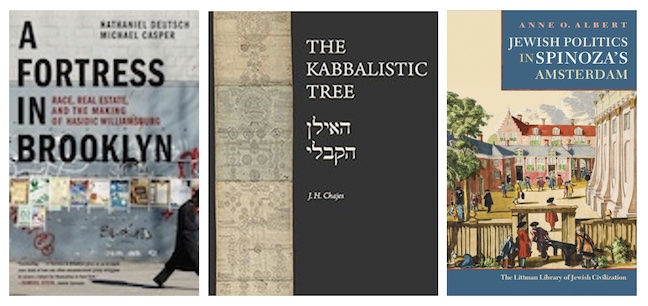Beyond Columbus: What DNA Can—and Can’t—Tell Us about Jewish History
When a Spanish researcher announced in a documentary last fall that he had identified Columbus’s remains in Seville Cathedral—and that genetic analysis revealed he was Jewish—the story spread through international media like a viral tweet. But the science behind it relied on questionable methodologies.
